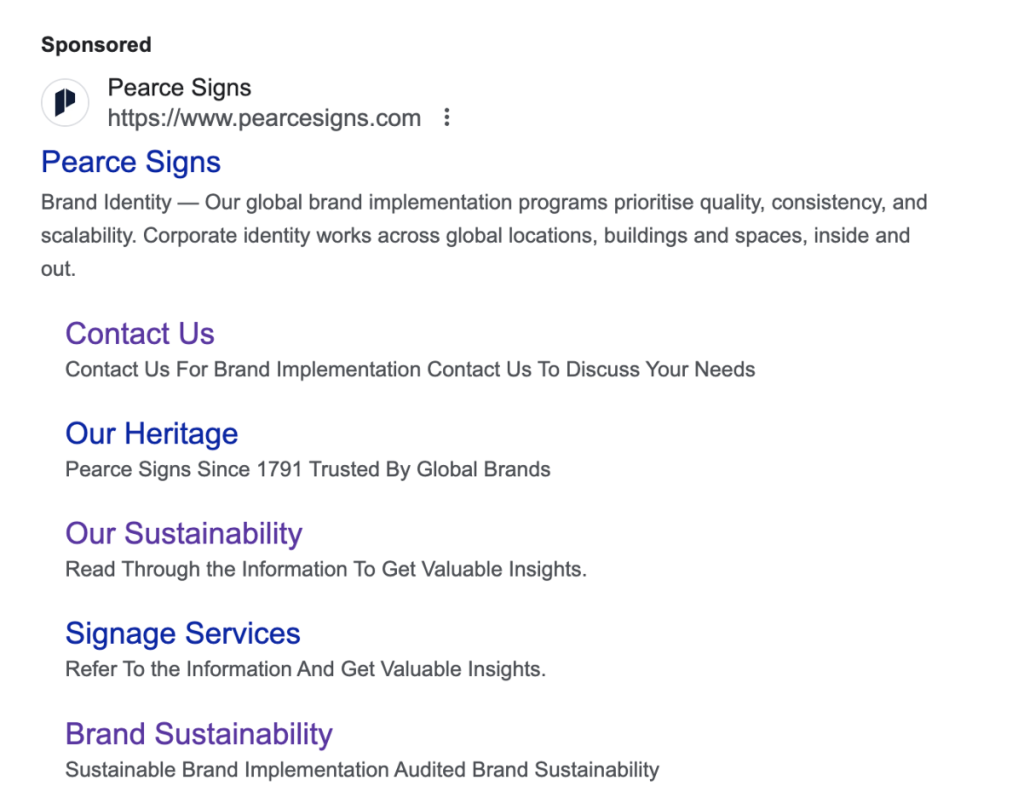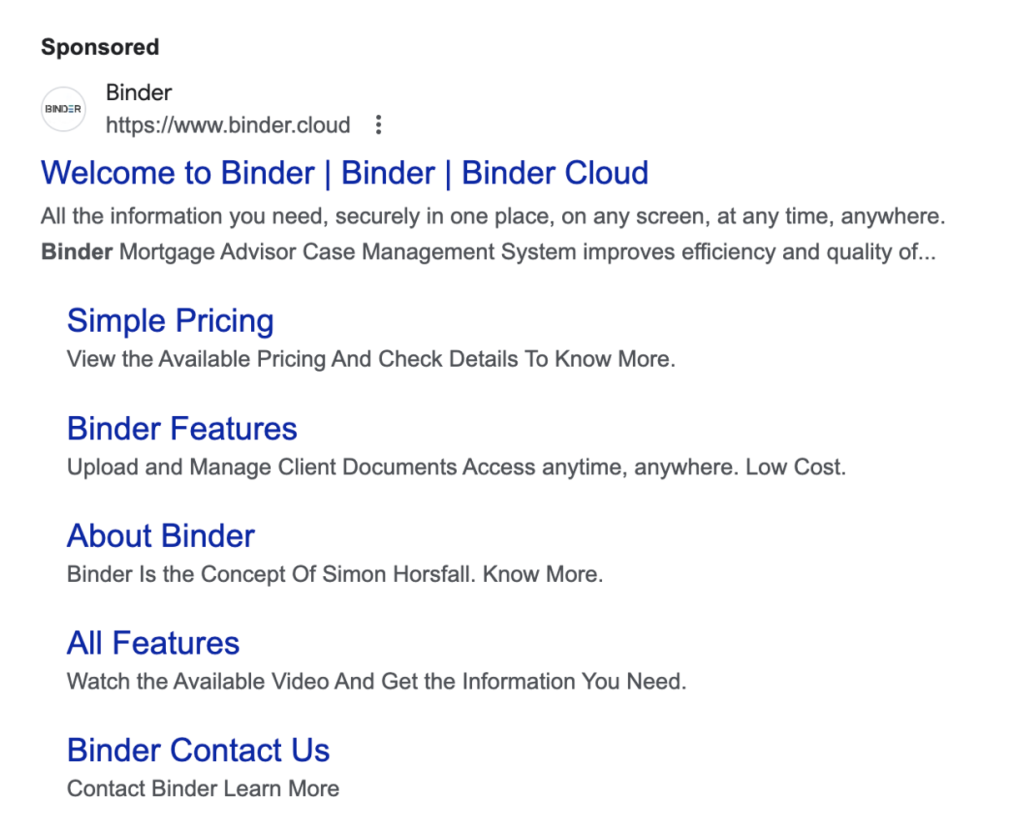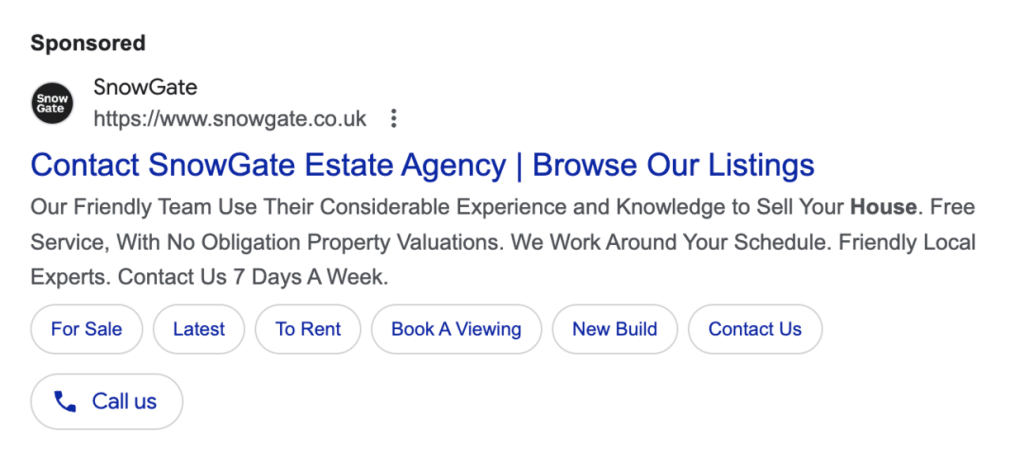Understanding PPC: The Basics
Pay-Per-Click advertising is a model of digital marketing where advertisers pay a fee each time one of their digital ads is clicked. Essentially, it's a way of buying visits to your site, rather than attempting to "earn" those visits organically through search engine optimisation (SEO).
The Benefits of PPC
Before diving into the technical details, let's look at what makes PPC such a valuable tool for businesses:
Immediate Results: Unlike SEO, which can take months to show results, PPC can drive traffic to your site almost instantly.
AI Learning: AI has been used in Google Ads since about 2016 so it's consistently learning, optimising and improving.
Precise Targeting: You can target your ads based on factors like location, device type, time of day, and more.
Budget Control: You decide how much you're willing to spend per day or per campaign.
Measurable ROI: PPC platforms provide detailed analytics, making it easy to track your return on investment.
Why is human expertise essential for creating successful pay-per-click campaigns?
While PPC platforms offer powerful automation and AI capabilities, human expertise remains essential for creating truly successful campaigns:
Contextual Understanding: Humans can interpret context, industry nuances, and market trends in ways that AI may overlook. This is crucial for tailoring campaigns to specific audiences.
Creativity and Strategy: While AI can generate recommendations based on data, it lacks the creative insight and strategic thinking that human marketers possess. Crafting compelling narratives and ad copy requires human intuition.
Adapting to Change: The digital landscape is constantly evolving. Humans can quickly adapt strategies based on emerging trends, algorithm changes, and shifts in consumer behaviour.
Complex Decision Making: Human marketers can weigh multiple factors when making decisions—balancing short-term gains with long-term brand building, for example.
Relationship Management: Effective campaigns often require collaboration and communication with clients, stakeholders, and other team members areas where human skills excel.
PPC in Action: Campaigns we’ve created for our clients
To show you how these principles work in practice, here are some campaigns we're currently managing as their global digital marketing partner:
1. Pearce Signs: Making Global Branding Local

For Pearce Signs, we crafted a PPC campaign that showcases their impressive heritage and global capabilities:
The main headline emphasises their core service: "Global Brand Implementation"
The description highlights key strengths: "quality, consistency, and scalability"
We also added strategic site extensions to cover Pearce Signs’s:
Heritage
Sustainability credentials
Service offerings
Contact options
2. Binder: Mortgage Software Made Simple

When Binder approached us, they needed to get their cutting-edge mortgage CRM software in front of the right people. We used our Foundations research to build the target audience personas and keyword list.
Here’s how we made our pay-per-click campaign focus on clarity and value:
Clear, benefit-led headline: "All the information you need, securely in one place"
Each extension targets a specific user need:
‘Simple Pricing’ shows Binder’s transparency first approach
‘Binder Features’ - showing the practical benefits
‘About Binder’ - building trust with their UK credentials
A link to video content for those who prefer to watch rather than read
3. Snowgate: Promoting a Local Estate Agency’s Expertise

Estate agents often struggle with PPC - it's a competitive field so it can be hard to stand out. So for SnowGate, we created a super targeted and hyper local pay-per-click campaign that puts their friendly and personal approach front and centre:
Strong local focus in the text
Multiple USPs in description:
Friendly team approach
Free valuations
Flexible scheduling
Local expertise
7-day availability
Alongside a full range of quick links (For Sale, Latest, To Rent etc.) to help house hunters find exactly what they're looking for by directing them to relevant webpages.
Building Your PPC Campaign: A Step-by-Step Guide
Right, let's roll up our sleeves and get into the nitty-gritty of creating a proper PPC campaign. Don't worry - we'll break it down into bite-sized actionable pieces:
1. Define Campaign Goals
Identify Objectives: Determine what business objectives you’d like your PPC campaigns to help achieve (e.g., brand awareness, lead generation, sales).
KPIs: Determine your key performance indicators (KPIs) to measure pay-per-click success (e.g., CTR, conversion rate, ROI).
2. Understand Your Audience
Market Research: Analyse your target audience's demographics, interests, and online behaviour. This will help you target your campaign content.
Buyer Personas: Create detailed buyer personas to guide ad copy and targeting strategies.
Keyword Research: Part of the Foundation process at Applied Digital Marketing, the process begins with identifying relevant keywords that your target audience is likely to use when searching for products or services like yours.
Tools & Techniques: Use tools like Google Keyword Planner, SEMrush, or Ahrefs to find relevant keywords.
Long-Tail Keywords: Focus on long-tail keywords for more targeted traffic and lower competition. This will help manage budgets and deliver a better return on your investment.
Negative Keywords: Identify negative keywords to prevent ads from showing for irrelevant searches. This should increase the quality of your traffic, improve your ad score and optimise your ad spend.
3. Campaign Structure
Ad Groups: Organise keywords into tightly themed ad groups for better relevance and a more targeted approach.
Campaign Types: Choose the appropriate campaign type (Search, Display, Shopping, Video) based on goals and budgets. A seasoned PPC manager will understand the right campaign types for your account.
Ad Creation: Great ad copy can make a huge difference to the performance of your ads. Create compelling ad copy that includes your keywords, along with persuasive copy and a clear call to action.
Ad Copy: Write compelling ad copy that addresses the audience’s pain points, and the benefits of your products, services and includes a strong call to action (CTA).
A/B Testing: Multiple versions of ads can be created to test performance and identify what resonates best.
Visual Elements: For display ads, focus on high-quality images and branding consistency.
Landing Page Optimisation: Often overlooked, a high-quality landing page not only increases conversions but improves your quality score.
Relevance: Ensure landing pages are relevant to the ad content and include the relevant keywords to improve the Quality Score.
User Experience: Web pages should be optimised for Core Web Vitals, speed, mobile responsiveness, and easy navigation.
Calls To Action: Incorporate clear CTAs, forms, and trust signals (like testimonials).
Targeting and Bidding Strategy: Using your budget Google bids on these keywords, specifying how much you're willing to pay for a click on their ad.
Audience Targeting: Use demographic, geographic, and behavioural targeting to reach your ideal audience.
Bidding Strategy: Choose a bidding strategy (manual CPC, enhanced CPC, target CPA) that aligns with your goals and budgets. Your PPC manager will have the necessary experience to advise on the best bidding strategy.
4. Monitor and Adjust
Regular Reviews: Pay-per-click campaigns should be continuously monitored to evaluate campaign performance through the suite of reports in Google Ads.
Adjustments: You should be looking to regularly adjust the budget, ad copy, targeting, and keywords (don’t forget negative keywords) based on performance data.
Competitor Analysis: You should also be monitoring competitor ads and strategies to ensure your campaigns have the best chance to succeed.
5. Reporting and Analytics
Data Analysis: Analyse data to understand what works and what doesn’t. Look at both quantitative and qualitative metrics.
Attribution Models: Use different attribution models to better understand customer journeys.
How can Applied Digital Marketing help with my businesses PPC advertising?
Applied Digital Marketing is a Certified Google Partner and has been creating successful Google Ads campaigns for two decades now. In that time, we've learned exactly what works, what doesn't, and how to get the best possible return on your investment.
Want to discuss how PPC could work for your business? We're always up for a chat:
Drop us a line at hello@applieddigital.co.uk
Or give us a ring on 01484 302010
This is part of our Back to Basics series, where we explain digital marketing without the jargon. Keep an eye out for our next post about LinkedIn advertising!



































